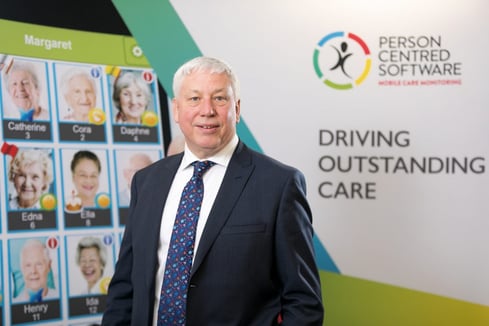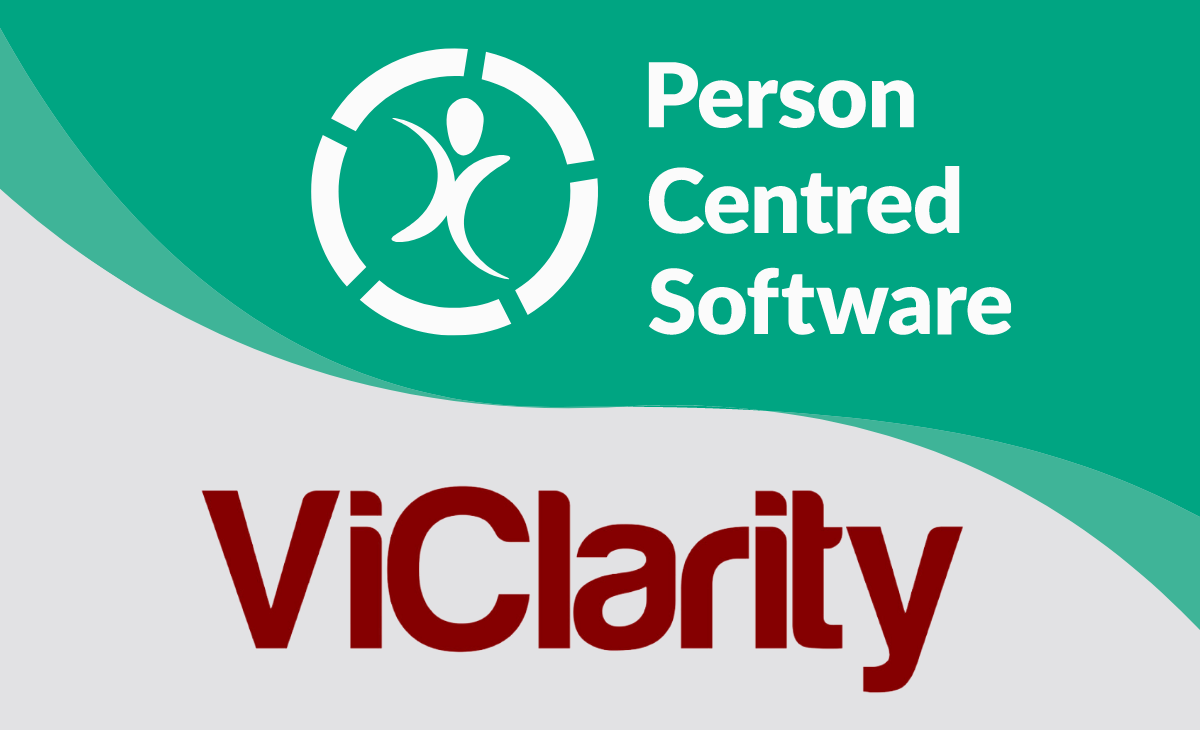
Published in Care Home Professional
Jonathan Papworth, co-founder and director of Person Centred Software, explains how technology is helping care homes to provide evidence of outstanding pressure care to inspectorate bodies such as the CQC.
To prevent pressure ulcers, care homes are advised to check elderly residents’ skin every day for early signs of pressure ulcers and give them support to change position if they are unable to regularly reposition themselves, along with good nutrition and hydration. Medical devices such as mattresses and cushions can help to prevent pressure ulcers, although they cannot be a replacement for good care.
Care providers carry a huge burden of responsibility and risk and are often blamed for pressure ulcers when residents are transferring to and from hospital. Many care homes know that they provide the best quality of care to residents to prevent pressure ulcers, but they just don’t have the evidence to prove it.
Technology is already helping care providers demonstrate their quality of care. Rather than struggling to fill in multiple paper charts like re-positioning, nutrition, fluids and skin integrity checks, carers can record everything to do with pressure ulcer prevention in real-time, which automatically fills in the relevant charts and reports. This live reporting alerts staff so that quality of care can always be maintained, for instance, monitoring fluid intake on a rolling 24-hour time period rather than retrospectively.
Handheld devices can also capture a photographic timeline of evidence of care for pressure ulcers that care homes can use to demonstrate that they have provided the best quality of care and deflect any safeguarding enquiries when a resident has been in someone else’s care.
Join in ‘Stop the Pressure’ day, held on 21st November using the hashtag #StopThePressure. For more info, visit our pressure care page.







.webp?width=80&height=80&name=HTD%20Awards%202023%20Badge%20(4).webp)














